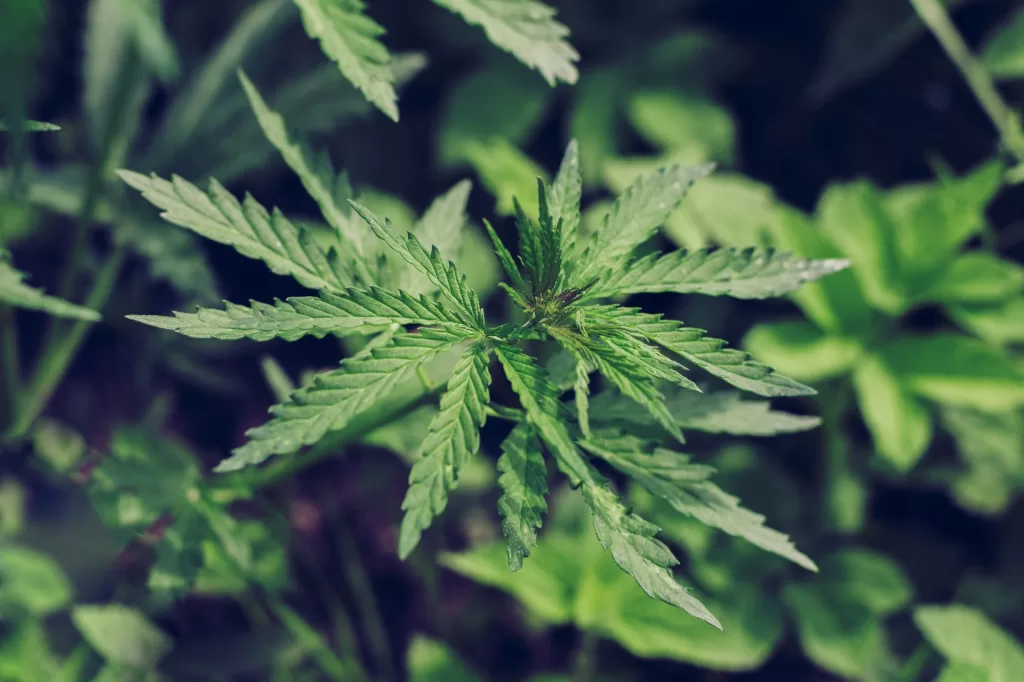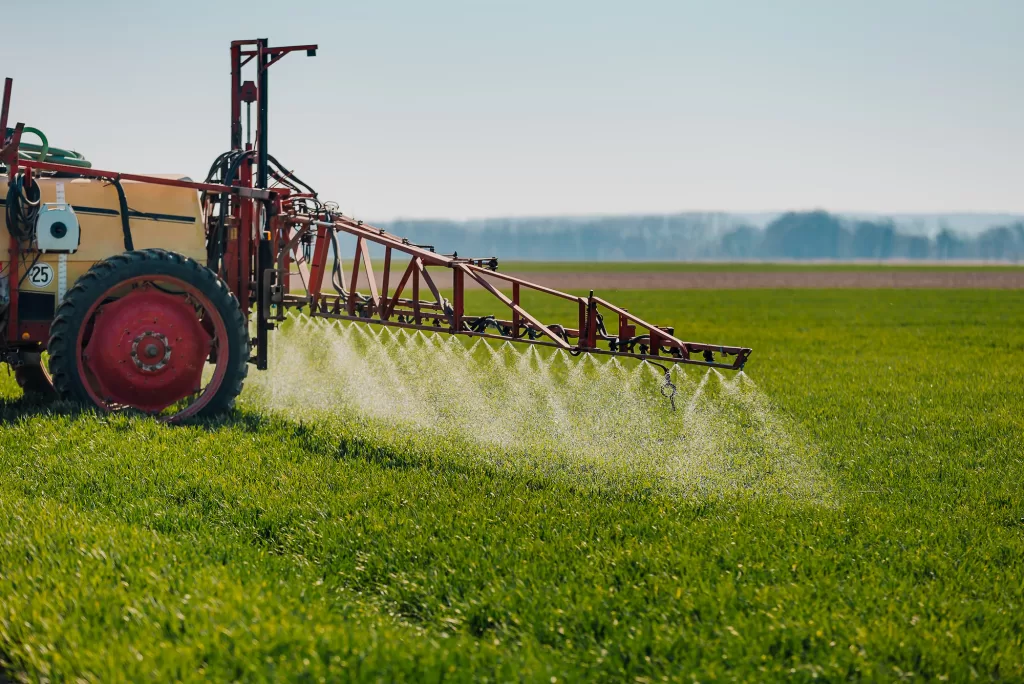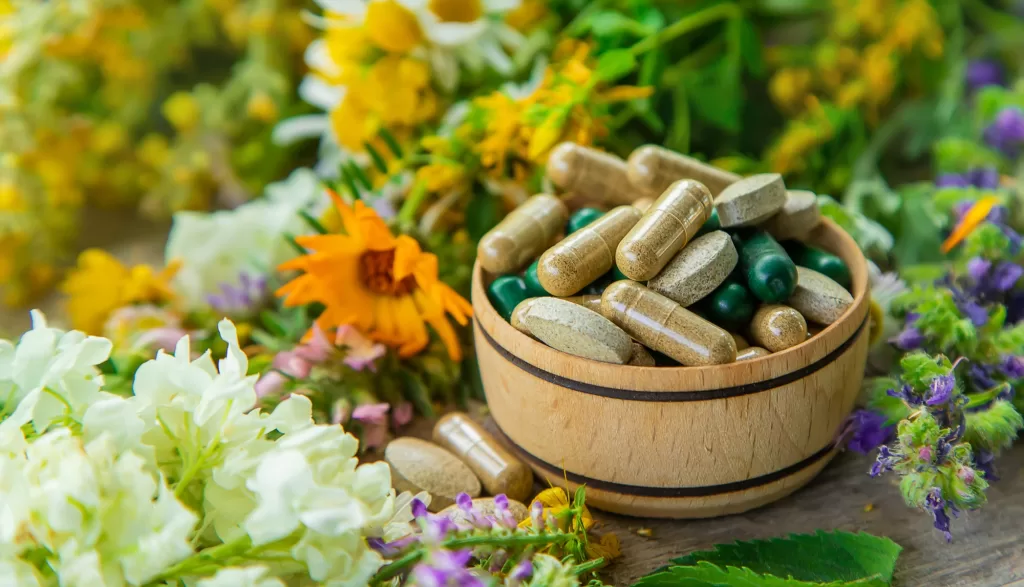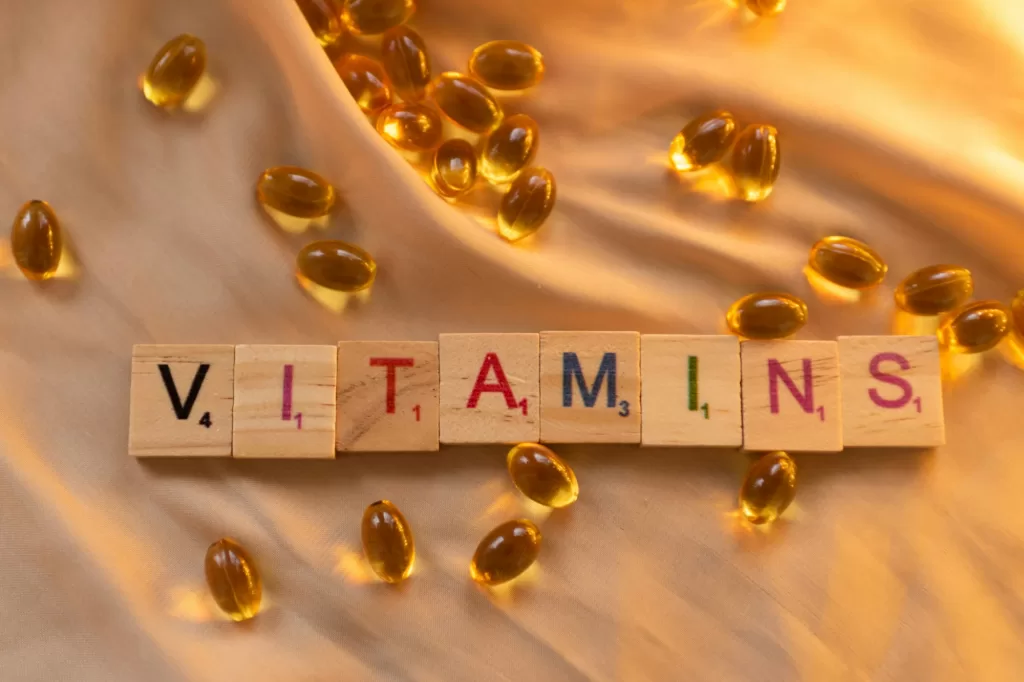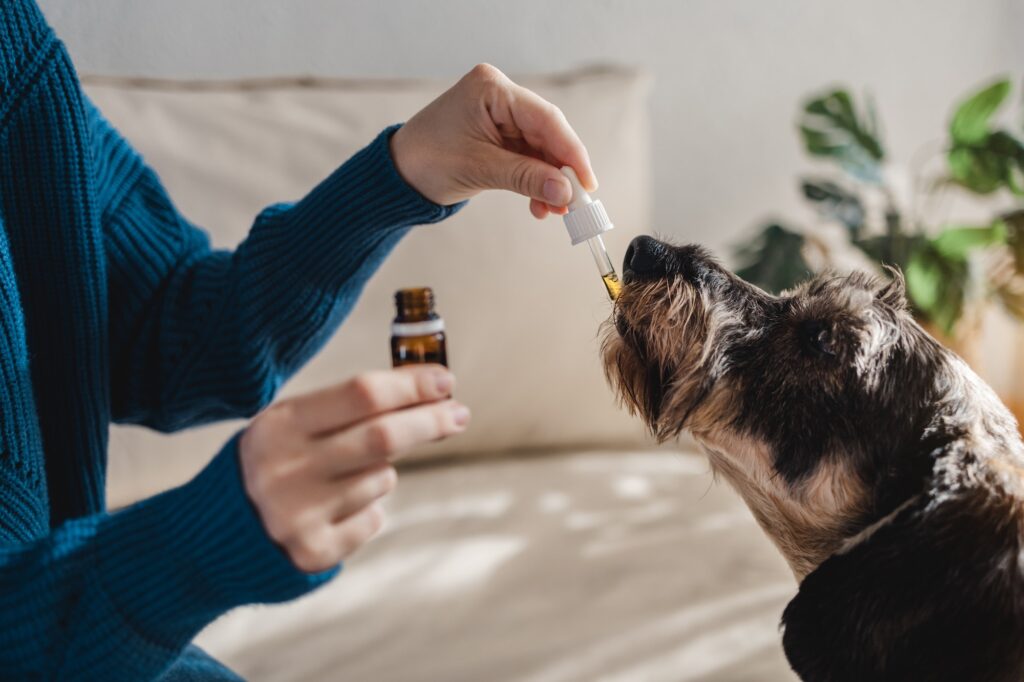Estimated reading time: 4 minutes
In the burgeoning cannabis industry, product safety and quality control are paramount. With an array of products from medicinal extracts to recreational edibles, ensuring that every cannabis-derived product is safe for consumption is vital. One of the less-discussed, yet highly critical, threats to cannabis safety is the presence of mycotoxins. These toxic compounds, produced by specific fungi, can pose serious health risks to consumers. At AccuScience Labs, we understand the importance of detecting and addressing this invisible threat, ensuring that every product aligns with the highest standards of safety.
Mycotoxins: What Are They?
Mycotoxins are toxic secondary metabolites produced by certain fungi. These compounds can infest a variety of crops, including cannabis, and pose significant health risks when ingested, inhaled, or even touched in some cases. The main culprits behind mycotoxin production in cannabis are typically the fungi from the Aspergillus family, though others can also be involved.
Mycotoxins are resilient. They can survive most processing techniques, meaning that if a cannabis plant is infected, the resulting products, be it dried flower, oil, or edibles, can still contain these harmful compounds.
The Health Implications
The health risks associated with mycotoxin exposure range from short-term effects, like allergic reactions or respiratory issues, to more severe long-term implications, including immune system suppression, neurotoxic effects, and even certain types of cancers. The risk is particularly pronounced for medicinal cannabis users who may have compromised immune systems or other underlying health issues.
Given that cannabis products are often ingested or inhaled, the pathways for mycotoxin entry into the body are direct and can lead to rapid onset of adverse effects.
How Does Cannabis Get Contaminated?
Several factors can contribute to mycotoxin contamination in cannabis:
- Environmental Conditions: Fungi thrive in warm, humid environments. Inadequately controlled indoor cultivation environments or outdoor crops subjected to consistent heavy rainfall can be breeding grounds for these harmful microorganisms.
- Poor Harvesting and Curing Techniques: If cannabis is not properly dried and cured, the retained moisture can be an open invitation for fungal growth.
- Storage Issues: Storing cannabis in damp conditions or in non-airtight containers can lead to fungal proliferation.
Detection: The First Line of Defense
Early and accurate detection is the key to combating mycotoxin contamination. Here’s how AccuScience Labs plays a pivotal role in this endeavor:
- Advanced Technologies: At AccuScience Labs, we employ state-of-the-art technologies like High-Performance Liquid Chromatography (HPLC) and Liquid Chromatography-Mass Spectrometry (LC-MS) to detect even trace amounts of mycotoxins in cannabis samples. These technologies not only identify the presence of mycotoxins but also quantify them, giving a clear picture of the extent of contamination.
- Routine Testing: For optimal safety, cannabis products must be tested regularly, not just in one-off instances. Regular checks ensure that any contamination is caught early before products reach consumers.
- Collaboration with Growers: Beyond just testing, AccuScience Labs believes in a collaborative approach. By working closely with cannabis growers, we can offer insights into best practices for cultivation, harvesting, and storage, reducing the risk of mycotoxin contamination at the source.
- Rapid Reporting: Time is of the essence, especially when dealing with potential contamination issues. AccuScience Labs ensures that testing results are relayed promptly and clearly, allowing growers and manufacturers to take immediate corrective action.
Prevention: A Holistic Approach
While detection is crucial, the ideal scenario is preventing mycotoxin contamination altogether. AccuScience Labs advises cannabis growers on integrated pest and fungus management, appropriate storage conditions, and optimal curing techniques. An ounce of prevention, in this case, is indeed worth more than a pound of cure.
The global embrace of cannabis, both as a medicinal marvel and a recreational respite, brings with it the responsibility of ensuring utmost safety. Mycotoxins, while invisible, represent a tangible threat to this safety. Through rigorous testing, continuous research, and close collaboration with the cannabis community, AccuScience Labs stands at the forefront of the fight against mycotoxin contamination, championing a future where every cannabis product is as safe as it is beneficial.
Related articles:

